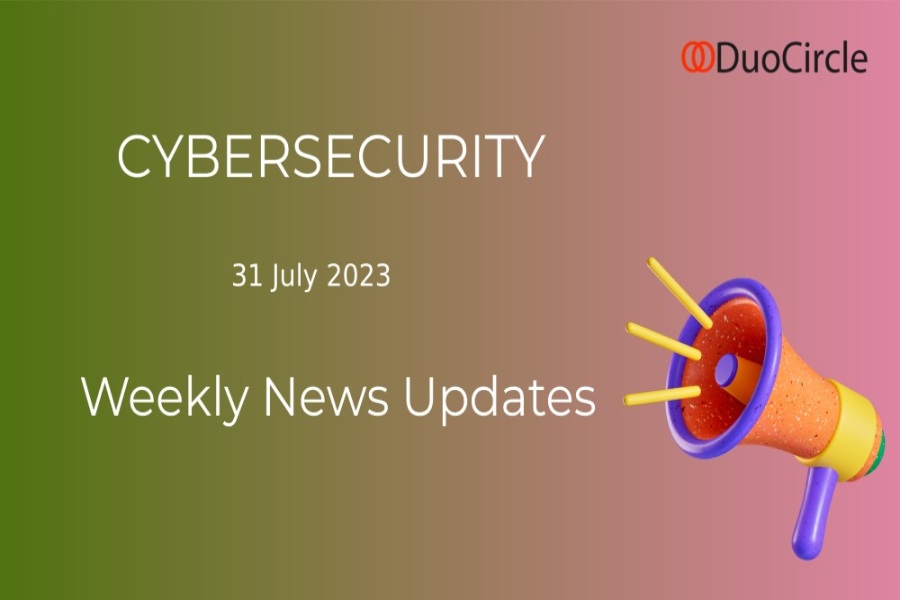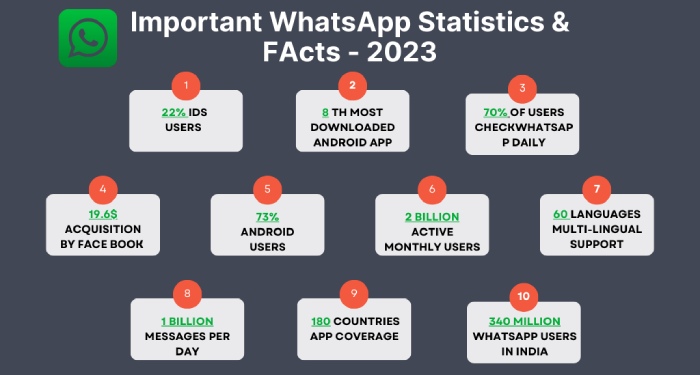Listen to this blog post below
In the contemporary threat landscape, phishing has emerged as the most successful and widespread form of cyberattack. The significance of phishing awareness training becomes evident when one considers recent news stories focused on email security. To effectively counter phishing and malicious emails, it’s essential to provide employees with advanced security awareness training, prominently featuring phishing awareness training.
Microsoft Defender for Office 365 Receives the AAA Protection Award, the Highest Rating in the Enterprise Email Security Services Test
In today’s advanced cyber threat landscape, email is the primary attack vector, necessitating enterprises to implement an effective security strategy with email protection as a critical component.
In Q1 2023, Microsoft took part in an evaluation survey for email security solutions conducted by SE Labs, a testing lab that tests the efficiency of security solutions. SE Labs simulated real-world email attack scenarios in its latest Email Security Services test to evaluate email security vendors.
Microsoft was awarded the AAA Protection Award for Defender for Office 365 following the test, the most prestigious award that an Enterprise Security Vendor can receive. Microsoft Defender for Office 365 ensures enterprises remain protected against threats like business email compromise (BEC) and phishing.
It offers numerous email protection capabilities like protection from spoofing, impersonation using machine learning (ML) and other advanced technologies to identify phishing attacks across the organization.
User training is another core component, wherein the Microsoft team continuously runs exercises to educate senior leaders and employees to raise awareness of real-life phishing attacks.
WhatsApp To Roll Out Email Security Feature
WhatsApp, the Meta-owned instant messaging platform, keeps improving its security procedures to protect user privacy and data. It already uses end-to-end encryption for personal communications to keep user data private between sender and receiver. Furthermore, WhatsApp recently launched various tools for improving account security, like “chat lock,” “silence unknown callers,” etc.
Nevertheless, the platform remains a prominent target for malicious actors. Hence, WhatsApp’s development staff is working on a new WhatsApp email security feature allowing users to verify their accounts with their email addresses. However, reports suggest that the email verification feature will be optional for WhatsApp users. For users enabling the feature, WhatsApp will request their email addresses to authenticate their accounts.
Currently, more information on how WhatsApp will use email addresses to improve user account security is unavailable. However, in some instances, it can assist users to verify their credentials. For example, if users cannot access their WhatsApp phone number or if their phone gets stolen, an email verification will enable them to verify and login to their account.
Beware – That Email From HR Can Be A Phishing Scam
New research revealed that the latest phishing attacks utilize fake emails linked to human resources (HR) accounts. In its recent Q2 2023 phishing report, KnowBe4 mentions that most-clicked emails had subject lines related to the organization’s human resources, like training notifications, dress code changes, vacation updates, etc.
Considering the peak of the summer holidays, vacation updates are the hottest topic. The report mentions that 19% of all successful phishing emails were vacationing emails.
With these emails, threat actors took advantage of the trust of employees who took actions that resulted in disastrous outcomes for the organization. Therefore, an educated workforce is the best defense and is essential to foster and maintain a strong cybersecurity culture.


